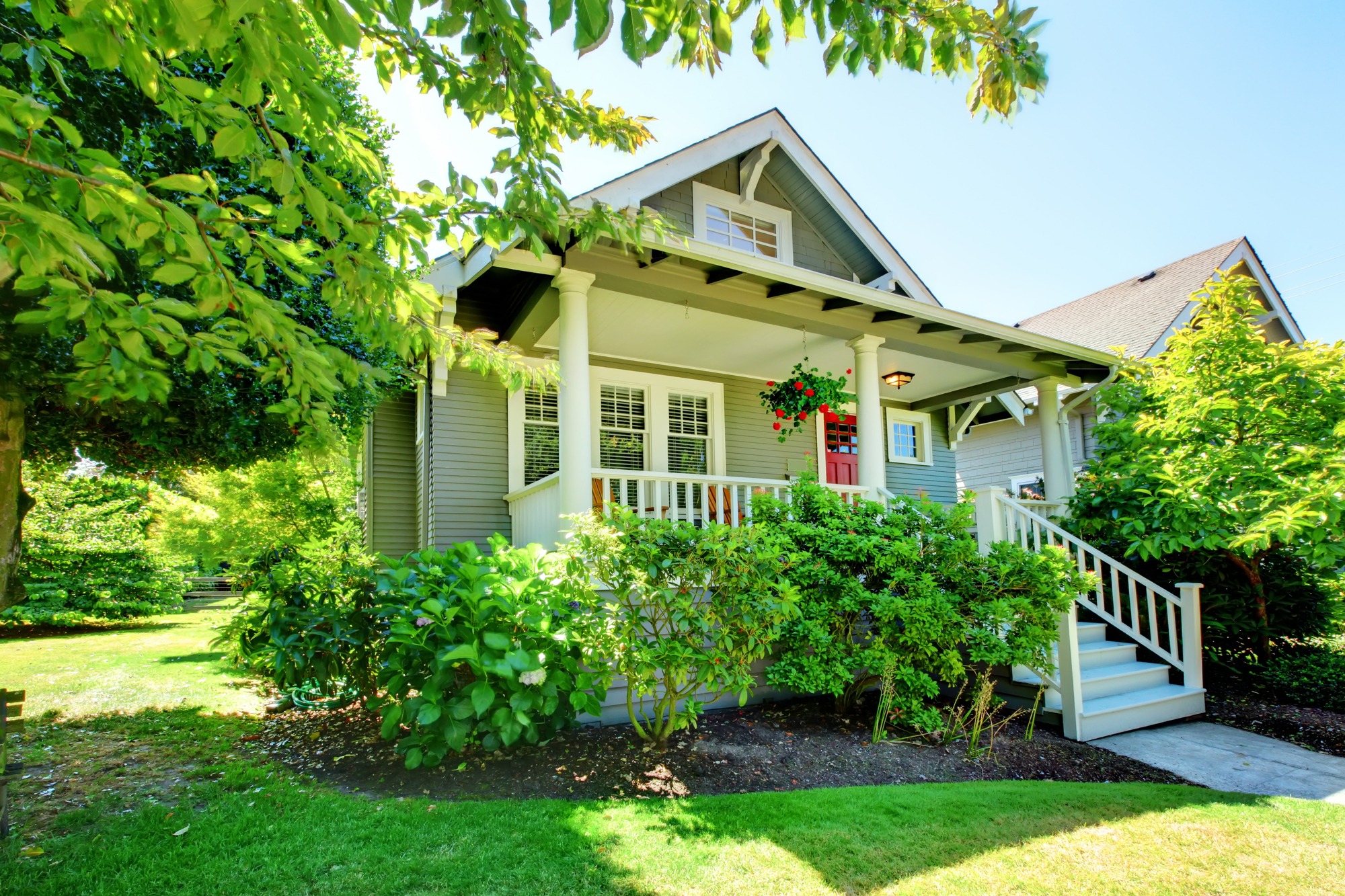
So, you tried your hand at owning an investment property. You got a taste for it, and now you want to expand.
Should you buy more properties within the same neighborhood, or should you diversify across a larger area? You have some ideas about what kind of properties you want to buy. Now you have to decide where.
Spoiler alert: There isn’t a right or wrong answer to this question. Your goal, of course, is to try to figure out which scenario is the best and most profitable for you. But there are a number of things to consider. Let’s walk through the pros and cons of each.
Investing in a Single Neighborhood
The biggest benefit of owning several properties within the same area is convenience. You won’t have to travel very far to visit your properties, and neither will any maintenance people you hire. Your properties will be easier to manage, in general, if they are kept within about a 20-mile radius.
However, if you take this approach, one issue that could come up is that neighbors will figure out your strategy, causing you to have to pay a premium. For example, let’s say you are trying to buy up all properties that become available on a particular street. If the homeowners in the area get wise to this, then they (the sellers) will have the upper hand when it comes to negotiating with you.
Spreading Investment Properties Among Several Neighborhoods
As with a financial portfolio, there is usually strength in diversification. Spreading your properties around will help you avoid problems if one particular neighborhood experiences a decline.
At one time, a school in a particular part of Dallas was ranked the best in the area. Then the school zones changed, and one neighborhood that had been zoned for this best school was then zoned for the worst school, which happened to be relatively close. An event like this will affect the property values (and rents) of every home in an area. Spreading your properties out will help to keep you from being vulnerable to these kinds of fluctuations.
Also, buying properties in different neighborhoods could help lessen the impact if one area is hit with a natural disaster, such as a tornado. If a tornado strikes one area and that’s where all your properties are, you could take a huge financial hit. The same thing could happen if one neighborhood floods. The Dallas-Fort Worth area is vulnerable to tornadoes, flooding, extreme heat, and drought, and some hurricanes can still pack a punch that far north.
If you plan to do all or most of the property maintenance and renovations yourself, and if you plan to manage the properties yourself, you should seriously consider how much you want to drive during the course of a week. Do you have a job in addition to your landlord duties? Think about how much time driving to your properties could take out of your week.
Oftentimes, investors who own multiple rental properties across different geographic areas are people who hire management companies, such as LEAP Property Management. If you are thinking of going this route, ask a number of management companies how many properties they manage in a certain zip code to get a feel for their familiarity with that area.
Going Against the Grain
It is important to figure out the strategy that works best for you and for your personal situation. That said, it is almost always beneficial to do something different from what everyone else is doing. A lot of investors may be buying in one particular popular neighborhood. But you may be able to increase your profits by buying cheaper properties in a cheaper neighborhood that will be easier to fill.
To find out what other investors are doing, pay attention to the news, talk to other investors, keep your ear to the ground, and run online searches. There are a number of websites, such as realtor.com, where you can save a custom search, and the site will email you results regularly. That can be a great way to keep tabs on what is happening in a particular market.
When you’re deciding where you want to buy, just think about some of these things and see what fits best into your overall strategy. Keeping all your properties close together might work better for a DIY-type person, but spreading your properties out might offer some benefits, too.
Whichever way you decide to go, LEAP Property Management can help with your investment property management needs.


